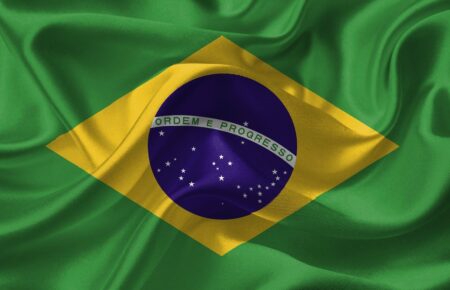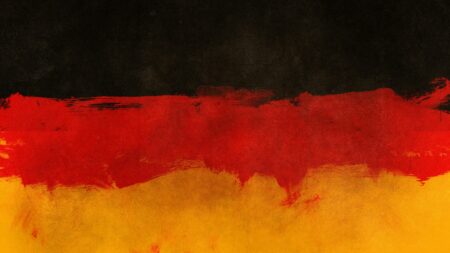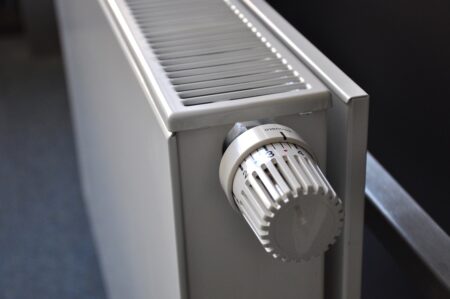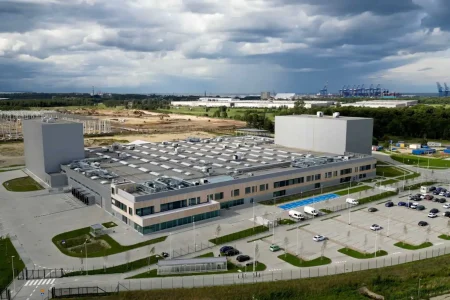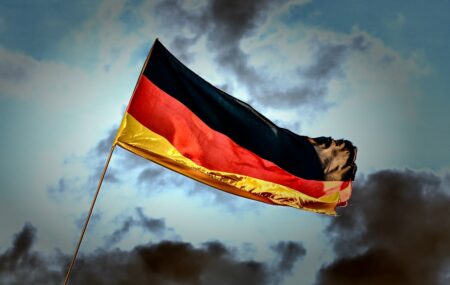As part of his official visit to the French island of Corsica, the Lehendakari, Iigo Urkullu, visited the Myrte and PagliaOrba Renewable Energy research and innovation platforms, which are located on the outskirts of Ajaccio, opposite the Sanguinaires Islands. Nearly 30 million euros have been raised for the development of these platforms, including more than 11 million euros from European funds, 8 million euros from Corsican community money, and 3 million euros from state funds.
The Georges Peri scientific center began in 2009 with a scientific project called Myrte, which stands for Mission hYdrogène Renouvelable pour l’inTégration au réseau Electrique (Mission renewable hydrogen for integration into the electricity grid), which was born out of a discussion about Corsica’s energy independence. This is an international initiative aimed at establishing a research and development platform to demonstrate the technical and economic viability of combining solar energy with a hydrogen chain. The University of Corsica Pasquale Paoli decided to take part in the project’s implementation by combining research, innovation, and sustainable development in the field of renewable energies.
Nearly 30 million euros have been raised for the development of these platforms, with more than 11 million euros coming from European grants, 8 million euros from Corsican community money, and 3 million euros from state funds.
The Lehendakari, Iigo Urkullu, used the first day of his official visit to Corsica to meet with the Corsican Chamber of Commerce and Industry, where, in addition to reviewing the characteristics of the Basque economic and industrial fabric, he analyzed the economic situation of Euskadi and Corsica in the context of the Covid crisis’ gradual end and the consequences of the war in Ukraine.
Several members of the Executive Committee from various sectors, as well as leaders of the Economic Development Agency, attended the meeting held yesterday at the Aiacciu Conference Center, as well as businesses interested in learning about and preserving a link with the Basque productive fabric.
During his address, the Lehendakari discussed the peculiarities of the Basque economic and industrial fabric and expressed interest in facilitating collaboration channels between Basque and Corsican economic actors.
According to Urkullu, Euskadi has “a highly competitive industrial sector that functions as the engine of the Basque economy, a productive economy distinguished by its diversity and an economic fabric accessible to the world and internationalized,” as reported by the Basque Government.
The Lehendakari further stated that “a cluster policy has been formed in all of these sectors of activity that permits pooling resources and combining forces in the goals of investment, innovation, partnerships, or internationalization of the Basque production fabric.”
Similarly, the president has praised the Basque Economic Agreement, which governs financial and tax connections between the Basque Country and the Spanish government, and has guaranteed that Euskadi’s solvency is recognized. “Our debt level is 16 percent, and international rating organizations guarantee the quality of our debt, which is two levels higher than the grade given to the Spanish government,” he said.
Despite the moment of uncertainty that we are experiencing as a result of the confluence of three global crises and their effects on economic, industrial, energy, and commercial activity around the world, the Lehendakari has finally stated that Basque economic activity is managing to respond to this situation from a firm base.
“Our Gross Domestic Product, inhomogeneous terms of purchasing power parity, is 28 percent greater than the Spanish average and 10 percent more than the European average,” he stated. In addition, productivity per employee is 24 percent greater than the European average.”
In this economic environment, Iigo Urkullu emphasized that the Basque Government’s top focus remains to be to improve job possibilities and quality, as well as to enhance investment in innovation.



